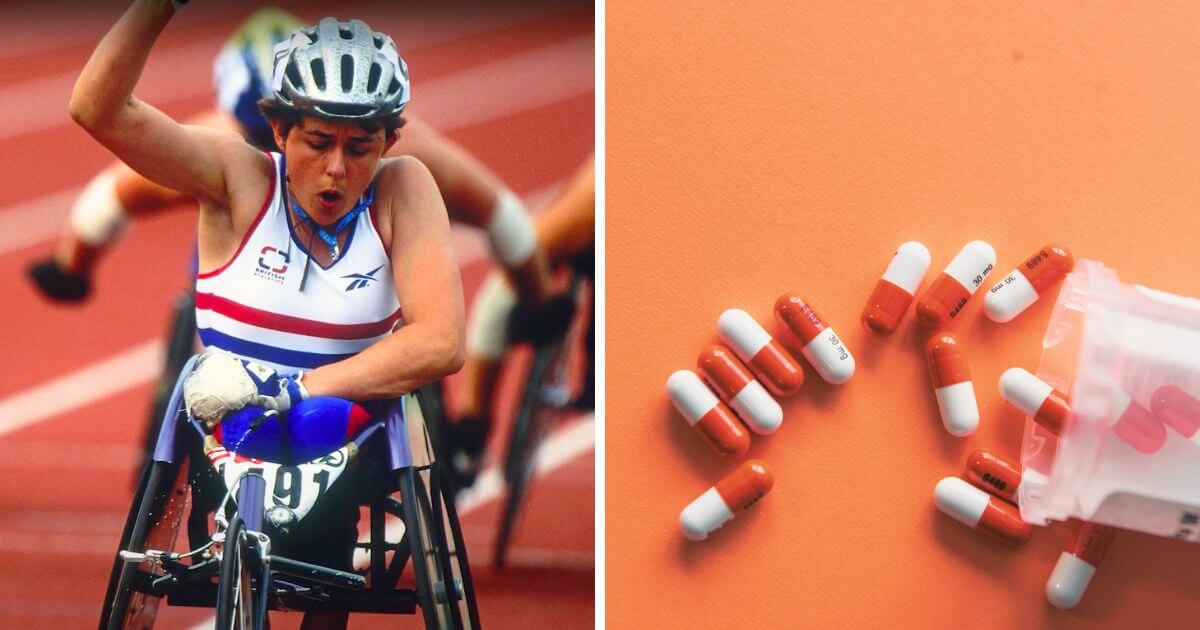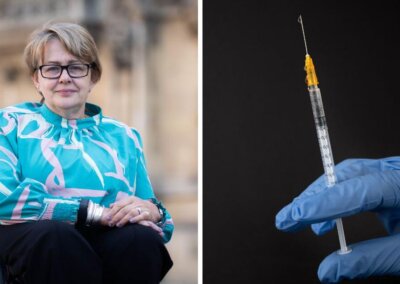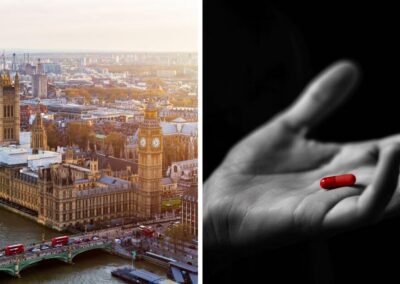Former Paralympian, Baroness Grey-Thompson, believes the legalisation of assisted suicide in Scotland would pose a “very real risk” to the quality of life of people with disabilities in Scotland.
As the results of a Scottish Parliament consultation on Liam McArthur’s assisted suicide Bill show that fewer than 50% of respondents to the consultation fully supported the Bill, Tanni Grey-Thompson has said her main reason for coming out in opposition to the Bill was the “[r]isk of devaluing lives of vulnerable groups”.
In her submission to the Health, Social Care and Sport Committee ‘call for views’, the Welsh Baroness said “Legislating for assisted suicide and/or euthanasia has a psychological and practical effect on the lives of disabled people, posing a very real risk to the quality of life of Scotland’s disabled population”.
Baroness Grey-Thompson was also highly critical of the definition of ‘terminally ill’ provided in Liam McArthur’s proposed Bill.
She argued the wording “is so vague that it would almost certainly include many disabled people”.
“Many disabled people fear that to show any signs of melancholy, struggle with their disability, or frustration with their suffering, would be to affirm a wish to die”, she added.
Police Scotland also questioned the wording in their submission, saying “This definition seems to be overly broad, and open to varying interpretations” and asking: “What is the difference between a terminal illness as defined in the Act and some disabilities?”.
Are disabled people ‘terminally ill’ under the definition given in the assisted suicide Bill?
Similar concerns about the wording were also raised earlier this year by Professor David Albert Jones, Director of the Anscombe Bioethics Centre, who argued that the broad definition of terminal illness present in the Assisted Dying for Terminally Ill Adults (Scotland) Bill could allow state-assisted suicide for people suffering from anorexia and could include conditions such as type 1 diabetes.
Grey-Thompson’s comments come as the results of a Scottish Parliament consultation on Liam McArthur’s assisted suicide Bill show that fewer than 50% of respondents to the consultation fully supported the Bill.
Despite a large campaign from assisted suicide groups to introduce assisted suicide in Scotland and mobilise the public to respond to the consultation, the results indicate that there is not overwhelming support for Liam McArthur’s assisted suicide Bill from the general public. Instead, the results indicate that the public is deeply divided on the issue.
The report on the responses shows that of the 21,056 responses to the consultation, only 10,380 (49.30%) fully supported the Bill and 10,120 (48.06%) strongly opposed the Bill, with an additional 556 (2.64%) who either partially opposed, partially supported or were neutral on the Bill.
Earlier this year Comedian, actress and disability rights campaigner Liz Carr said that making assisted suicide legal for the terminally ill will eventually lead to allowing it for people who are poor, disabled or mentally ill as well.
She described this possibility as “terrifying”.
Right To Life UK spokesperson, Catherine Robinson, said “Baroness Grey-Thompson is right to be concerned that Liam McArthur’s dangerous Assisted Dying Bill poses a significant risk to people with disabilities in Scotland”.
“A survey of a thousand adults in Canada in 2023 found 50% of respondents agreed that ‘disability’ should be a reason for euthanasia with that figure rising to 60% for 18-34 year olds. Cultural attitudes towards disability like this are especially alarming and we would be naive to think that they couldn’t exist in Scotland too”.












